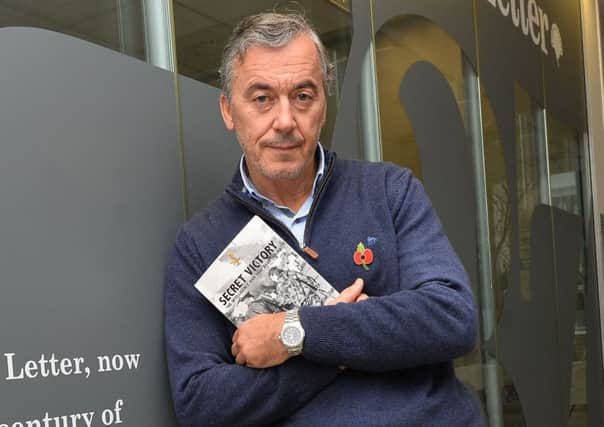Mooted legacy mechanisms '˜violate the right to fair trial'


The commission published its submission this week on the ongoing government consultation on dealing with the past, proposals based on the Stormont House Agreement.
Chief Commissioner Les Allamby recommended that the proposals “must be up and running as soon as possible” but called for a review into investigations by the Historical Enquiry Team, PSNI Legacy Investigation Branch and Police Ombudsman to determine if they were “human rights compliant”. If found wanting, cases should be handed to the newly proposed Historical Inquiries Unit (HIU), he said.
Advertisement
Hide AdAdvertisement
Hide AdIt recommended funding for outstanding legacy inquests and the investigation of human rights violations short of death, for example torture.
Further recommendations were the creation of a mental trauma service and the controversial pension for those seriously injured.
A general amnesty would be “incompatible with human rights law” it said, while it did welcome proposals for accelerated release for convictions from 1968 to 1998.
But author and former special branch officer Dr William Matchett said that what the commission did not mention suggests it missed what he sees as glaring human rights violations in the proposals.
Advertisement
Hide AdAdvertisement
Hide AdThe commission does not see the “violation” of European Convention on Human Right to a fair trial in the government proposals, which he said are “singling out just one group of local people, police officers, and subjecting them to newly created and vague offences applied retrospectively” for example, ‘misconduct by retired officers’.
The commission “seem content with a process where an HIU director is armed with the statutory power to... perform the function of investigator, prosecutor, juror and judge,” he added.
He agreed that an amnesty would be wrong, but added that he did not see the commission object to IRA ‘comfort letters’ or immunity for locating ‘the disappeared’ - only raising objections, he said, when it was proposed for the security forces.
However the commission responded that its standards have been endorsed by government and that it had raised concerns on ‘comfort letters’ directly with the United Nations.